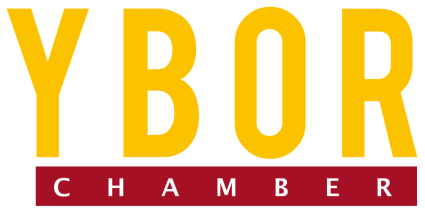Starting Your Own Consulting Agency: A Ground-Up Guide
There’s something undeniably magnetic about building a business around your own expertise. Starting a consulting agency means you stop waiting for permission—you begin shaping outcomes with what you already know. But turning that knowledge into a structured, revenue-generating agency? That’s a journey with real terrain.
Pick a Structure That Won’t Trip You Later
Legally, your consulting agency is going to need a shape. And while the paperwork may feel like a footnote, your business structure has real impact—especially when things grow or go sideways. A sole proprietorship is the easiest to launch but gives you no personal protection. S-corps and C-corps offer scalability but come with heavier compliance. Most solo consultants start with an LLC—it’s flexible, relatively inexpensive to form, and comes with liability protection. That combination has made it a popular choice for consultants. Don’t just file and forget it. Your structure shapes your tax life, your legal exposure, and how clients perceive your business. Choose with intent.
Lock Down Your Name Before Someone Else Does
This step trips more people than you’d think. You brainstorm names, grab a domain, and figure you’ll “lock it in later.” But skimming through examples of creative consulting company names can reveal how naming is more than aesthetic—it’s strategy. A well-chosen name impacts everything from brand perception to legal registration. It should be memorable, pronounceable, and convey what you do without needing a second explanation. Before you finalize, check state registries, domain availability, and trademarks so you’re not caught off guard later.
Let Your Marketing Say What You Solve
Consultants don’t sell deliverables—they sell trust. And trust is built long before the discovery call. Your website, your LinkedIn, your content—these are not checkboxes. They’re auditions. A credible presence with clear positioning earns curiosity. But real traction comes when you stop broadcasting credentials and start sharing signal. Don’t just list services. Share frameworks. Name patterns. Teach people how to think with you. You don’t need to post daily, but consistency matters. One great blog post every two weeks beats a ghost town of a homepage. What matters most? Valuable content that showcases your expertise—stuff that proves you understand the problem before anyone asks if you have a solution.
Anchor Your Pricing to Impact, Not Time
Pricing is where most new consultants wobble. Hourly feels safe, but it caps your income and undercuts your strategic value. Instead of renting out your time, charge based on outcomes. What will your work change for the client? What’s that worth to them? Align your pricing to that value, not your calendar. Set fees based on perceived value—not just the hours it takes to deliver. Value-based pricing might mean you earn more for doing less, but it requires you to clearly articulate the result you're selling. That’s not fluffy positioning—it’s economic clarity.
Clients Don’t Magically Appear. You Go First.
Most first-time consultants overestimate their inbound and underestimate the hustle. Your network might be warm, but it won’t be ready unless you prime it. Reach out. Announce your launch. Ask for introductions, not handouts. Take coffee calls even if they don’t convert. Relationships compound—but only if you plant the first seed. The truth? It takes proactive efforts to get traction early. Some days you’ll pitch six prospects and hear crickets. Other days, a single email will unlock a six-month contract. The trick is to keep showing up when nothing’s pinging back.
Build to Scale Before You Need To
If your offer works, you’ll outgrow your solo rhythms faster than you expect. That’s a good problem. But scale is not just about adding more clients or hiring help. It’s about creating structure that can hold success. Can someone else deliver your methodology? Can you onboard three clients without a calendar meltdown? Do you have workflows that prevent rework? Don’t wait for chaos to fix this. Whether it’s a better CRM, a templated onboarding doc, or a delivery partner, start stitching your infrastructure now. Strategies for scaling aren’t just for agencies with a team of ten. They start the minute you want your business to outlive your burnout.
Starting your own consulting agency is a bold move. It demands clarity, patience, and more structure than you might assume. But it also hands you the reins. You get to define what you offer, how you work, and what success looks like. Get your fundamentals right, and the path becomes navigable. Nobody hands you a map. But this blueprint should get you moving—with purpose, not guesswork.

